
A 30-Year-Old Man Suddenly Developed Kidney Failure: 5 Daily Habits Destroying Your Kidneys Without You Realizing
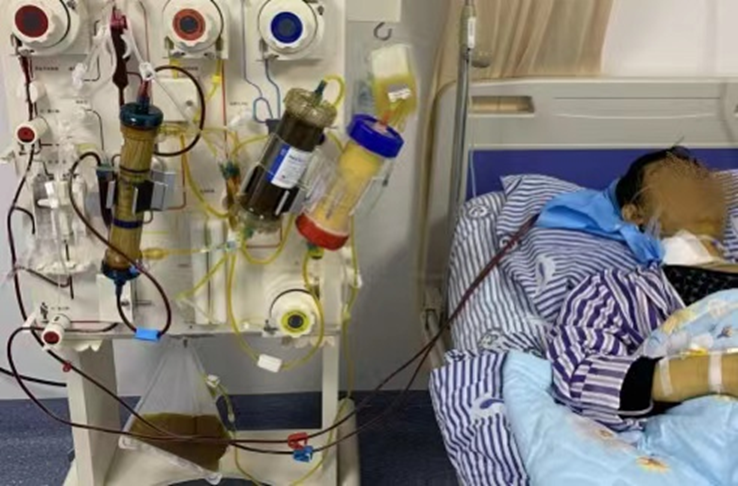
At just 30 years old—previously healthy and rarely sick—a young man was shocked when his routine health check revealed that he had chronic kidney failure accompanied by hypertension-related kidney disease.
Recent medical tests for Xiao Yuan (30, China) showed alarming results: creatinine levels soared to 587 μmol/L, uric acid reached 540 μmol/L, cystatin C was 1.21 mg/L, his blood pressure measured 145/90 mmHg, and his glomerular filtration rate (GFR) dropped to 20—clear indicators of chronic kidney disease (CKD) compounded by hypertensive nephropathy.
Xiao Yuan could hardly believe it. “I feel totally fine. No symptoms at all. How could I have kidney failure?” he asked in disbelief. But doctors explained that the kidneys are organs that “suffer in silence.” They rarely show clear symptoms until damage has become severe.
Why the Kidneys Are So Vulnerable
The kidneys sit on either side of the spine and function as the body’s natural filtration system. They remove toxins, balance fluids and electrolytes, and help maintain stable blood pressure. Inside each kidney are millions of tiny blood vessels that act like a delicate filtering mesh. As blood flows through, larger components like blood cells, platelets, and proteins are retained, while water, salts, urea, glucose, and waste products are filtered out to form urine.
When this “filter” becomes damaged, toxins accumulate in the body—a silent process that gradually destroys kidney function and ultimately leads to kidney failure.
According to health statistics from China, 1 in 10 adults has chronic kidney disease, yet only one-eighth of them are aware of it. Many are young people who believe they are healthy but unknowingly engage in daily habits that slowly harm their kidneys.
Below are the five most common “silent kidney killers”:
1. Eating Too Much Meat and Excess Protein
Protein is necessary for health, but consuming too much meat, eggs, seafood, or high-protein supplements forces the kidneys to work overtime. Excess protein produces nitrogen-based waste products that must be filtered through the kidneys. Over time, this burden wears down the filtration system, leading to chronic damage.
Extra insight: Many fitness enthusiasts overconsume protein shakes and red meat, believing it accelerates muscle gain. In reality, excessive protein is one of the leading dietary contributors to kidney overload.
2. Drinking Concentrated Broths and Stews
Many people believe that slow-cooked bone broth or rich stews are “nutrient-dense” and strengthening. However, these soups contain extremely high levels of purines, which raise uric acid. Elevated uric acid is a major risk factor for gout and kidney stones and can directly damage kidney tissue.
Additional note: Even people who rarely eat meat can develop high uric acid if they frequently consume thick, concentrated broths.
3. Frequently Holding in Urine or Drinking Too Little Water
Busy schedules, long meetings, or simple laziness lead many people to ignore the urge to urinate. But holding urine increases bladder pressure and may cause urine to flow backward toward the kidneys, triggering infections, kidney stones, or inflammation.
Inadequate water intake also concentrates toxins in the urine, making it more “aggressive” and harmful to kidney structures.
Long-term effect: These habits may seem harmless, but repeated strain can lead to chronic kidney inflammation and eventually kidney failure.
4. Eating Too Much Salt
Around 95% of the salt we consume must be processed by the kidneys. A high-sodium diet causes the body to retain water, putting enormous pressure on kidney function and raising blood pressure. This creates a vicious cycle: hypertension damages the kidneys, and weakened kidneys further worsen blood pressure.
Over time, this cycle is one of the major pathways leading to chronic kidney disease.
Extra consideration: Many people believe they “don’t eat salty foods,” but hidden salt in sauces, processed foods, snacks, and restaurant meals often exceeds daily safe limits.
5. Self-Medicating—Especially Painkillers and Antibiotics
A significant number of kidney failure cases stem from the misuse or overuse of medications. Common painkillers, fever-reducing drugs, and certain antibiotics can damage the renal tubules, reduce kidney blood flow, or trigger inflammatory reactions.
Long-term or frequent use may cause irreversible kidney injury and even acute renal failure.
Important reminder: Even herbal remedies or “natural detox products” can be harmful. The kidneys must filter every substance you consume—natural or synthetic.
5 Warning Signs Your Kidneys Are Crying for Help
Even though the kidneys rarely hurt, they still send subtle signals when something is wrong:
1. Foamy or frothy urine that doesn’t dissipate
This indicates proteinuria—meaning the kidney’s filtration membrane is damaged.
2. Elevated blood pressure
When the kidneys fail to regulate water and salt properly, hypertension follows.
3. Swelling (edema)
Puffiness in the face, eyelids, hands, or feet—especially in the morning—signals poor kidney filtration and water retention.
4. Frequent nighttime urination with reduced urine during the day
This pattern suggests declining kidney filtration and reabsorption capacity.
5. Chronic fatigue or unexplained weakness
When toxins accumulate in the bloodstream, the entire body becomes sluggish and weak.
Final Advice from Kidney Specialists
Kidneys do not “signal pain,” so even mild changes should not be ignored. People who regularly eat salty foods, consume high amounts of meat or broth, frequently take medications, or often hold in urine should undergo routine kidney function screenings.
Once kidney damage progresses to chronic kidney failure, treatment becomes extremely challenging, costly, and emotionally draining. Protecting your kidneys today may save your life tomorrow.
News in the same category

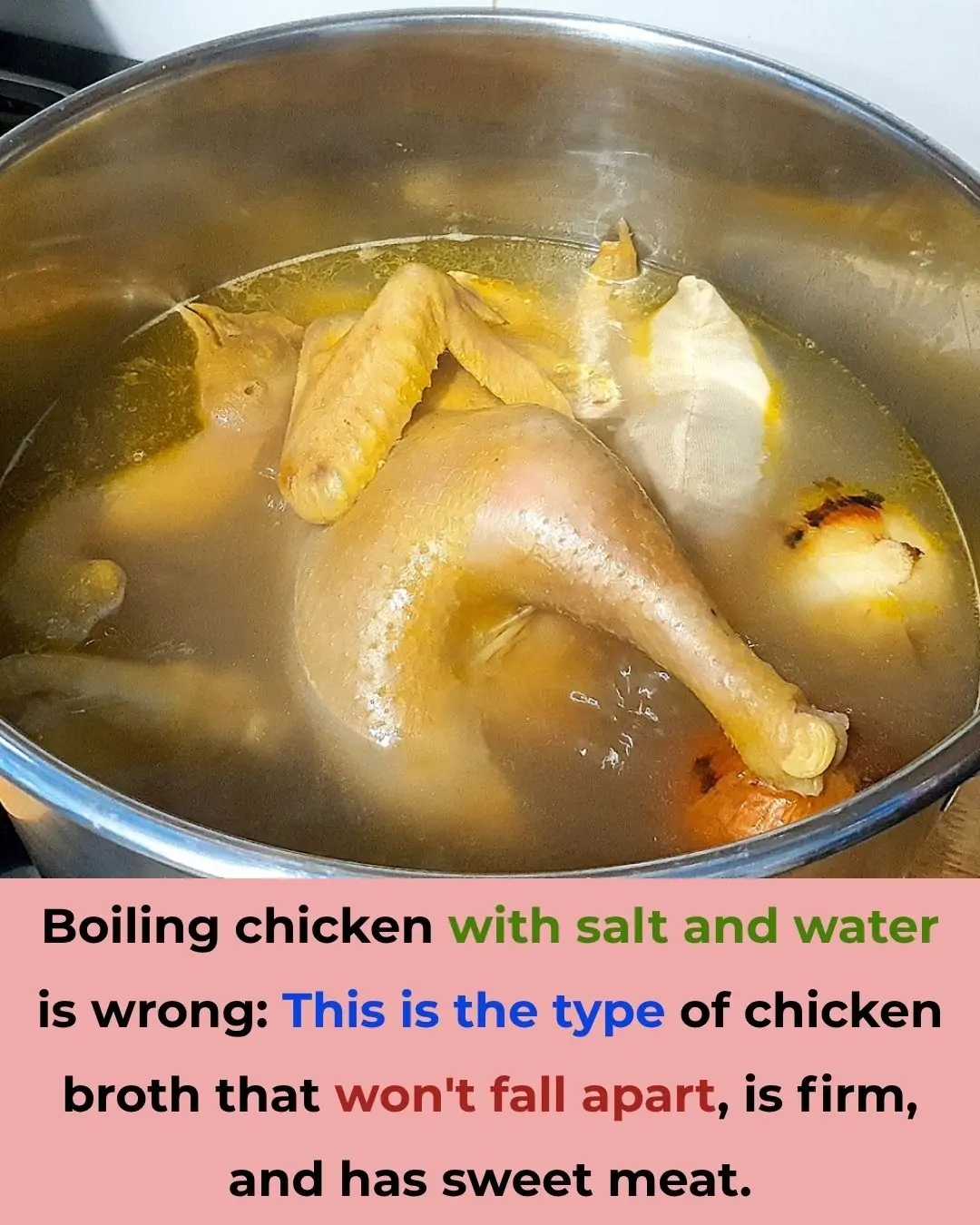
The Right Way to Boil Chicken: This Method Keeps the Meat Firm, Juicy, and Delicious
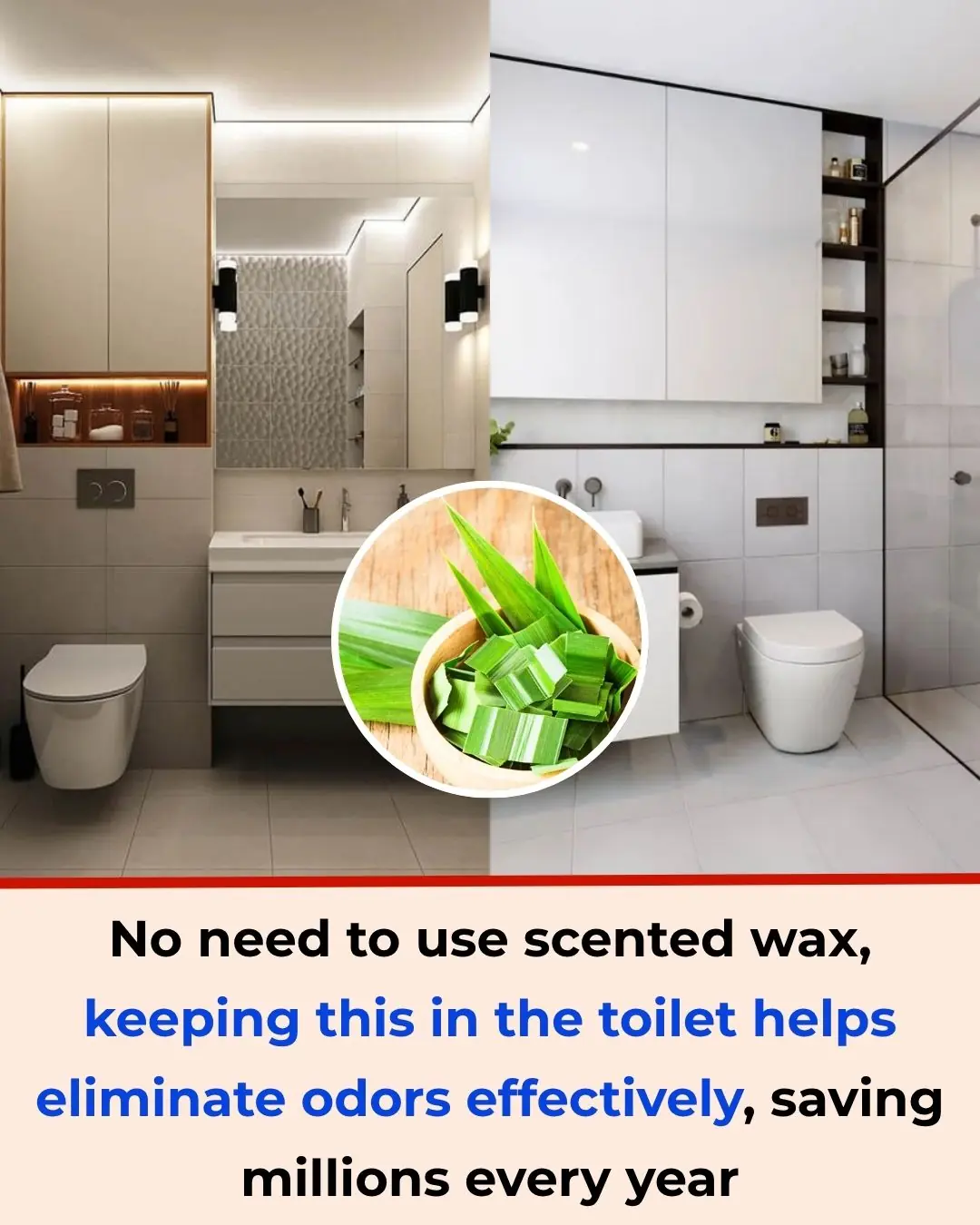
No Need for Air Fresheners: Keep This in Your Bathroom to Eliminate Odors and Save Hundreds Every Year
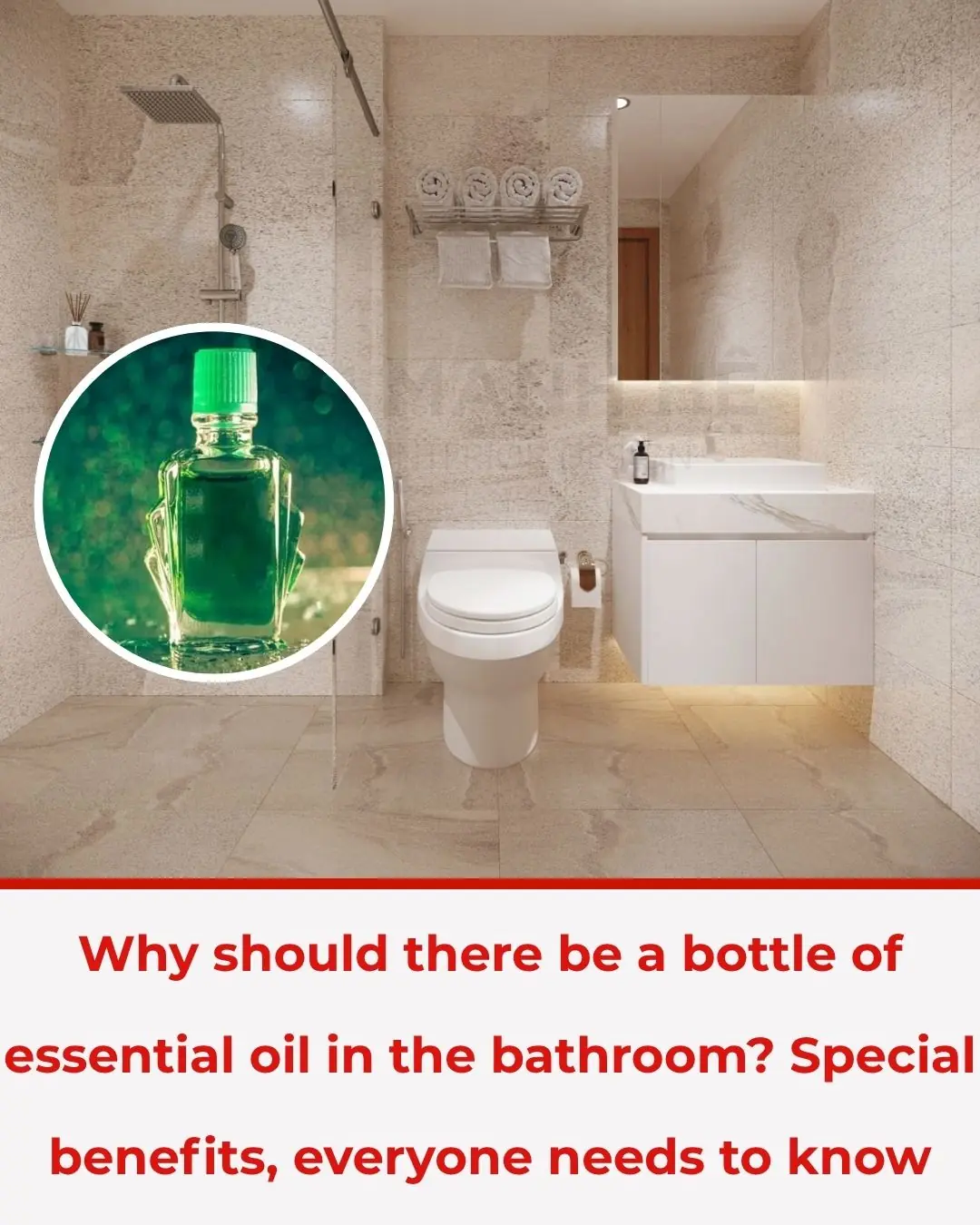
Why You Should Keep a Small Bottle of Medicinal Oil in Your Bathroom: Special Benefits Everyone Should Know
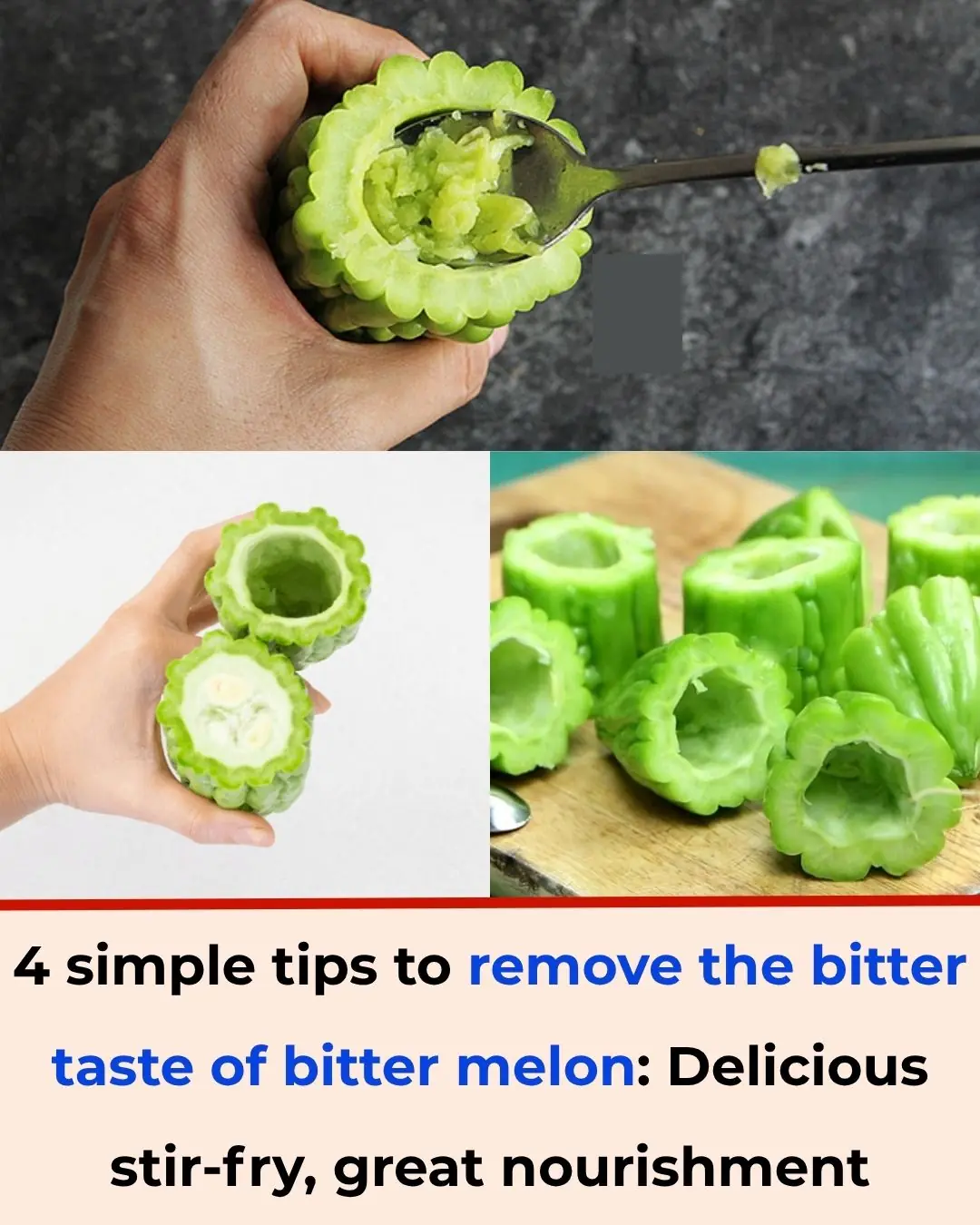
4 Simple Ways to Remove the Bitter Taste from Bitter Melon: Stir-Fry for a Delicious and Nutritious Dish
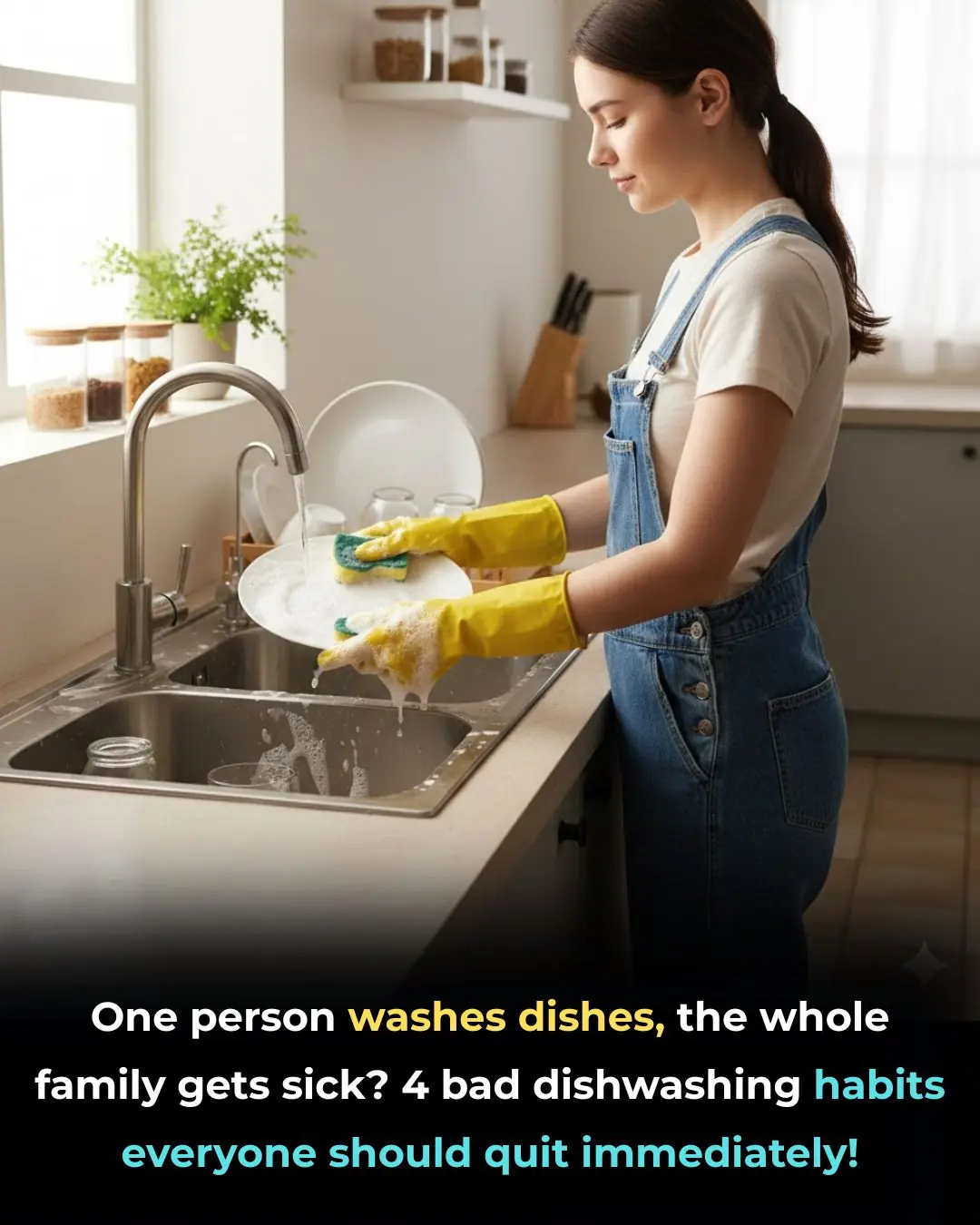
One Person Washes the Dishes, the Whole Family Gets Sick? 4 Dishwashing Mistakes Everyone Should Stop Immediately

Women Who Age Faster and Live Shorter Often Do These 4 Things at Night — How Many Apply to You?
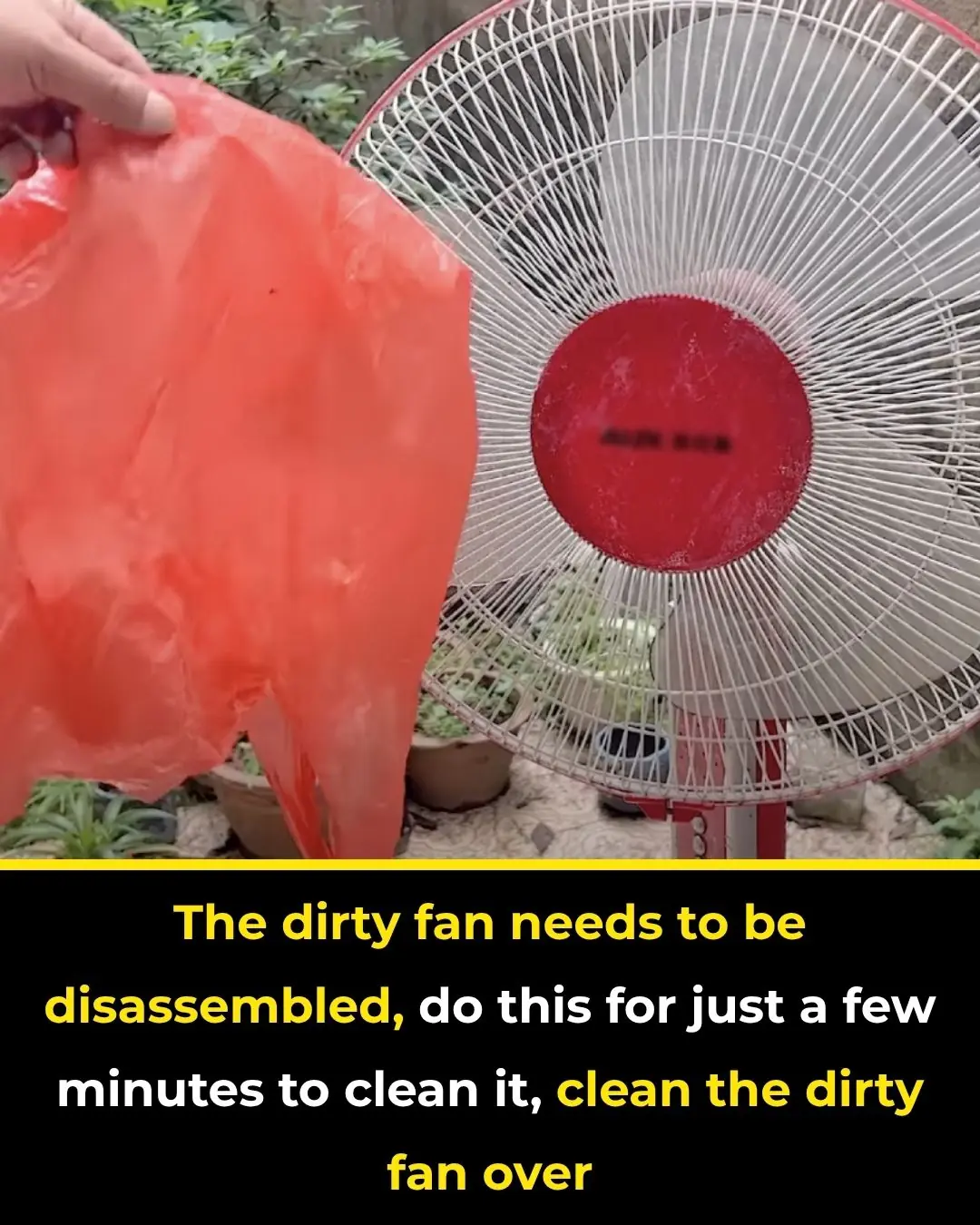
The dirty fan needs to be disassembled, do this for just a few minutes to clean it, clean the dirty fan. over
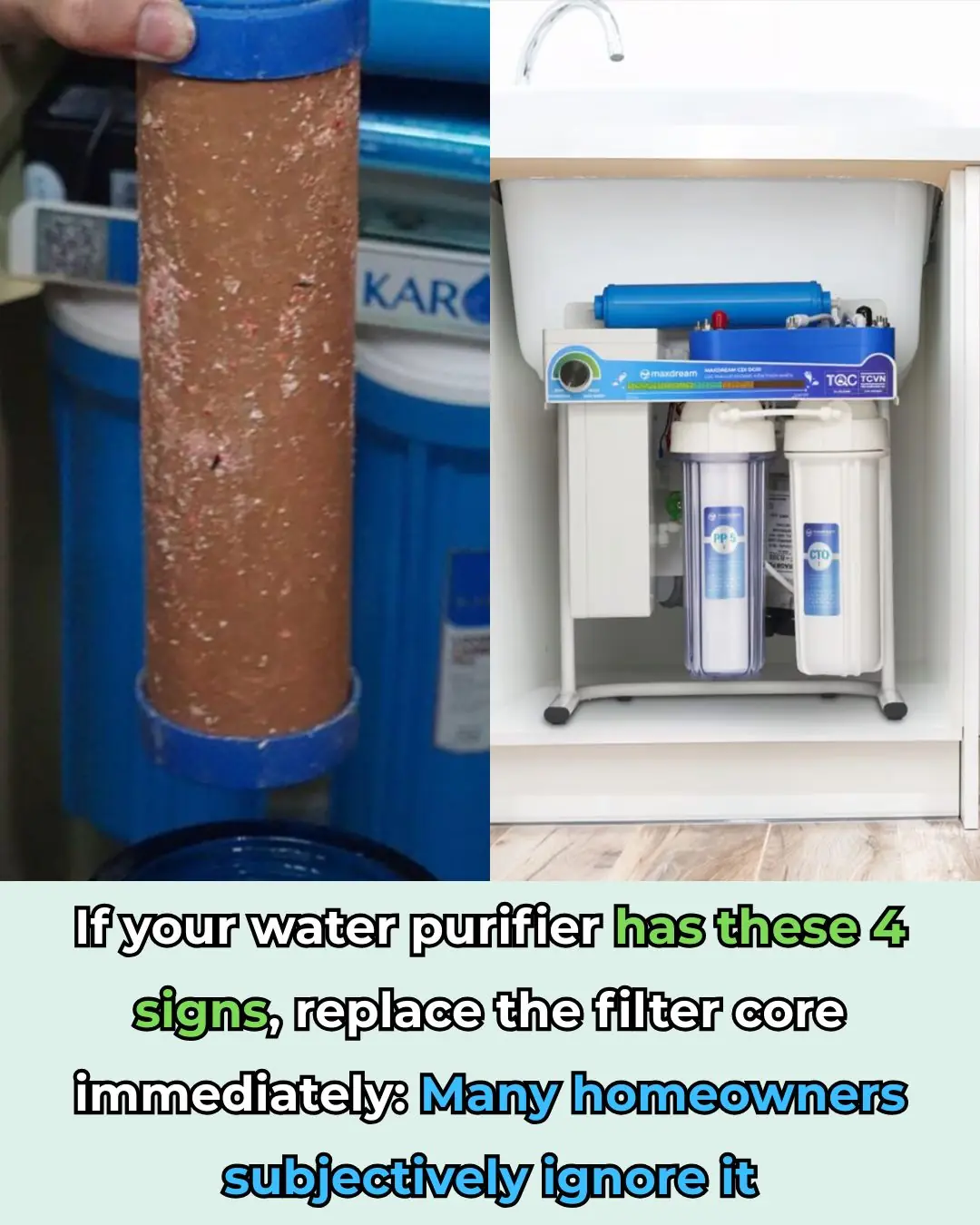
4 Signs It’s Time to Replace Your Water Filter Cartridge Immediately
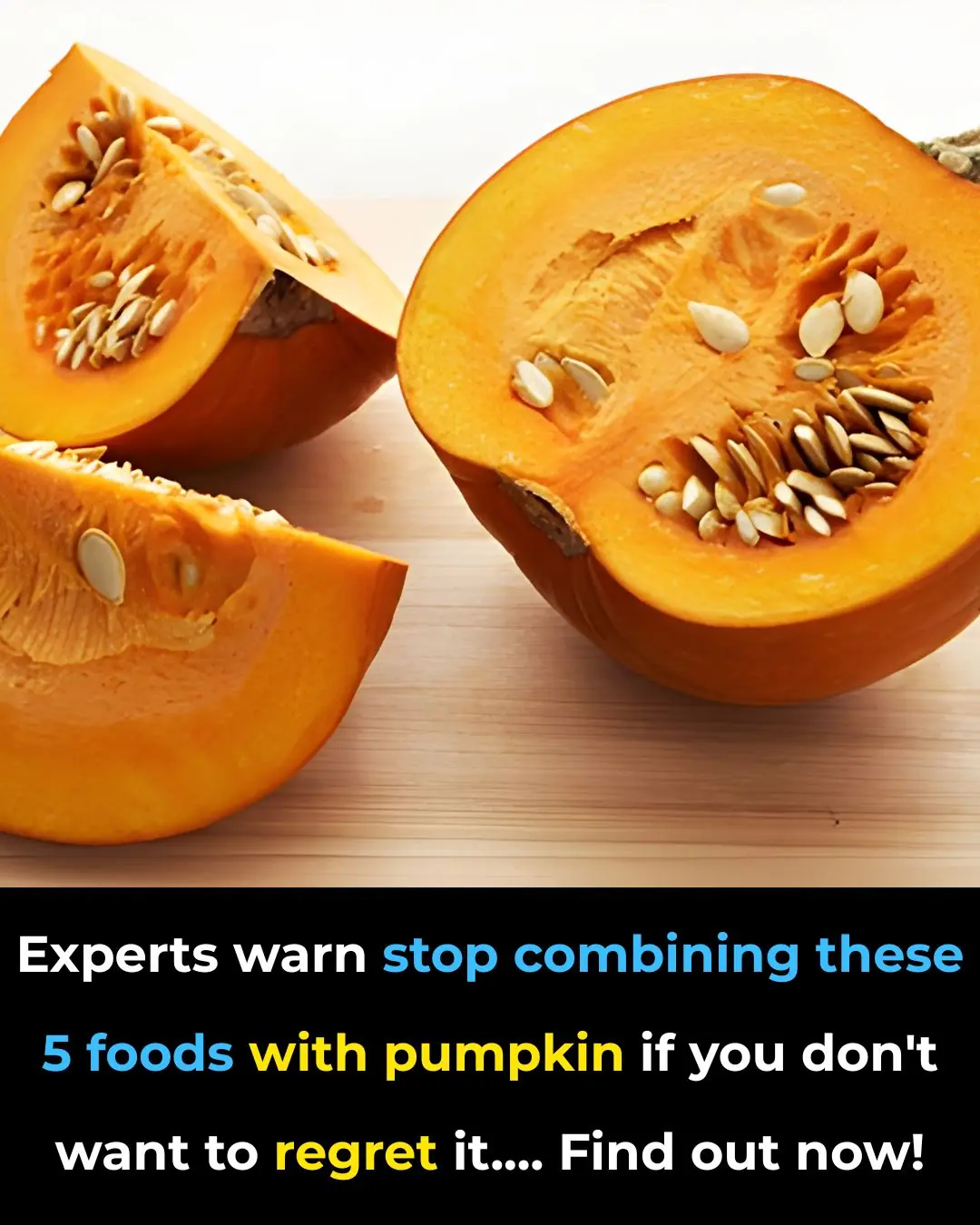
5 Foods You Should Never Combine with Pumpkin
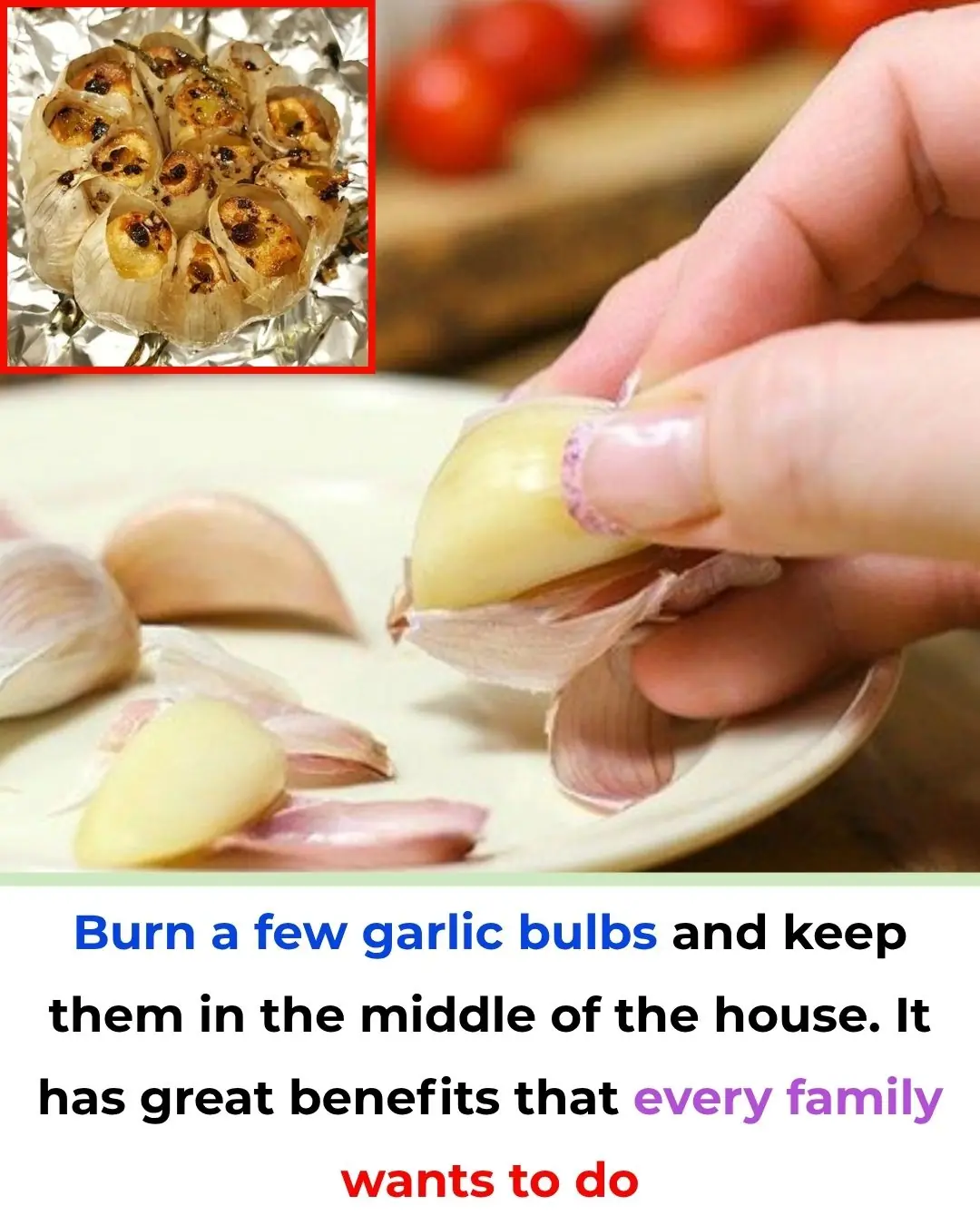
Burn a few garlic bulbs and keep them in the middle of the house. It has great benefits that every family wants to do
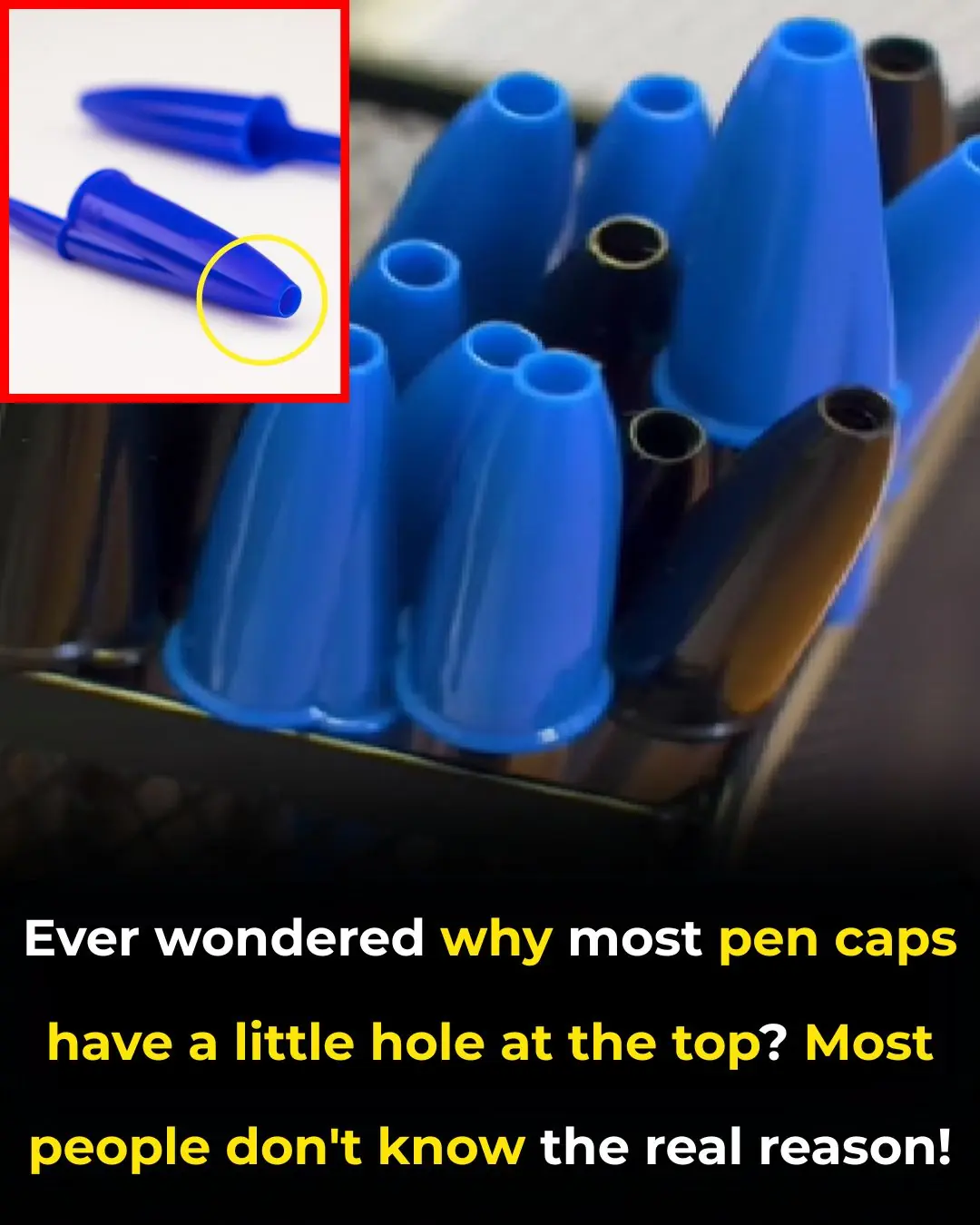
If You See a Hole in a Pen Cap, This Is What It Means
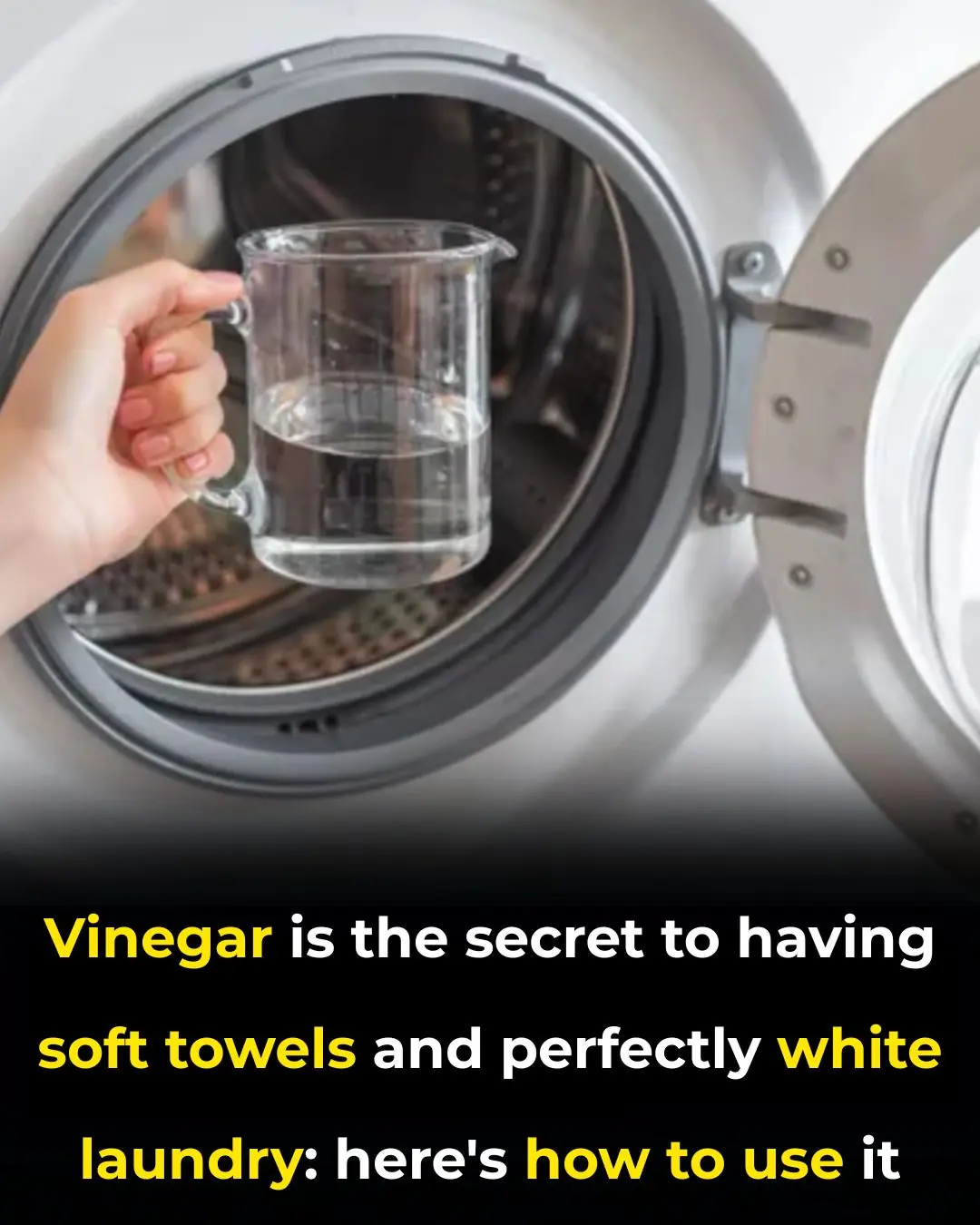
🍃 5 Reasons To Add Vinegar to Your Laundry – Safe, Natural & Effective
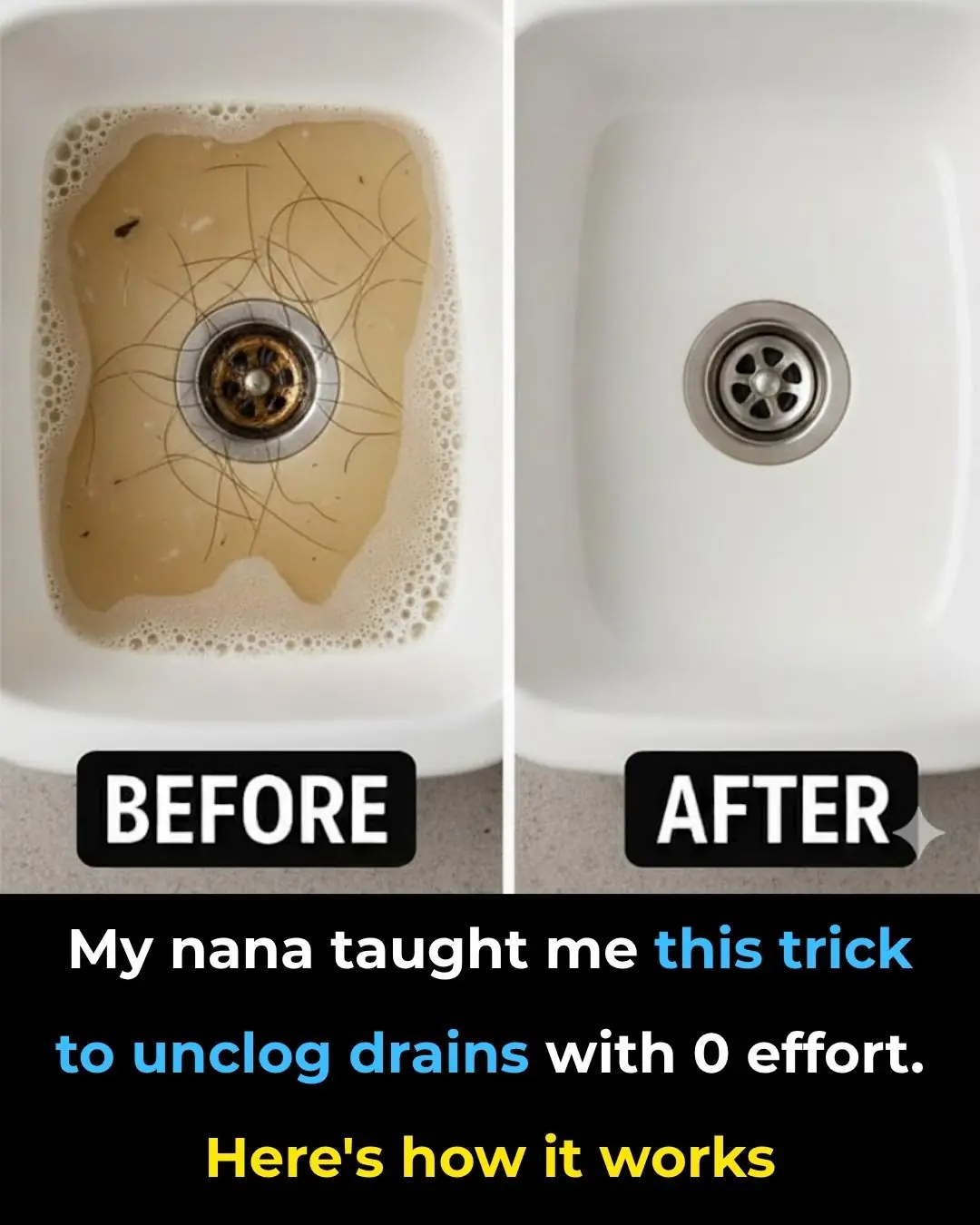
So clever
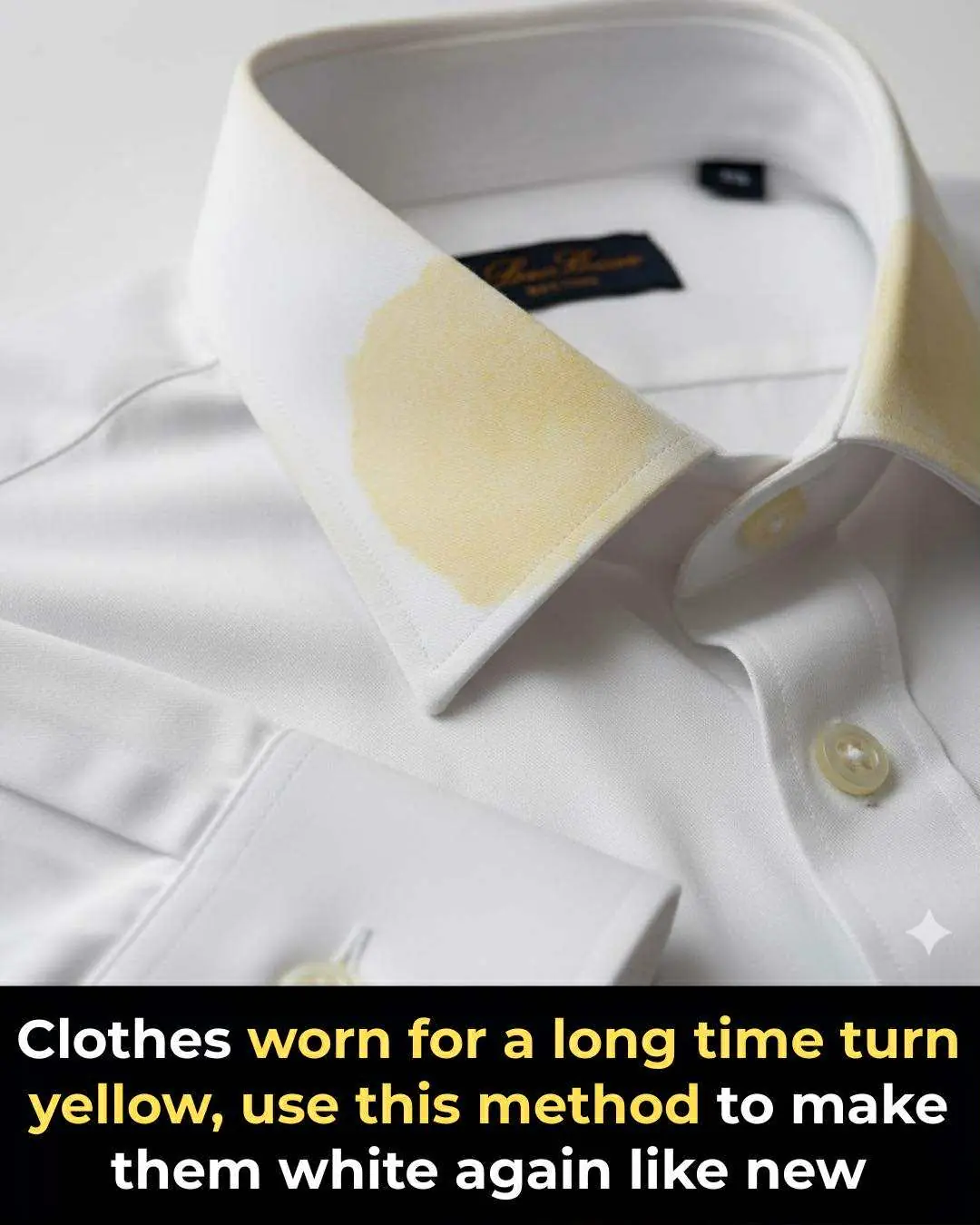
Clothes worn for a long time turn yellow, use this method to make them white again like new
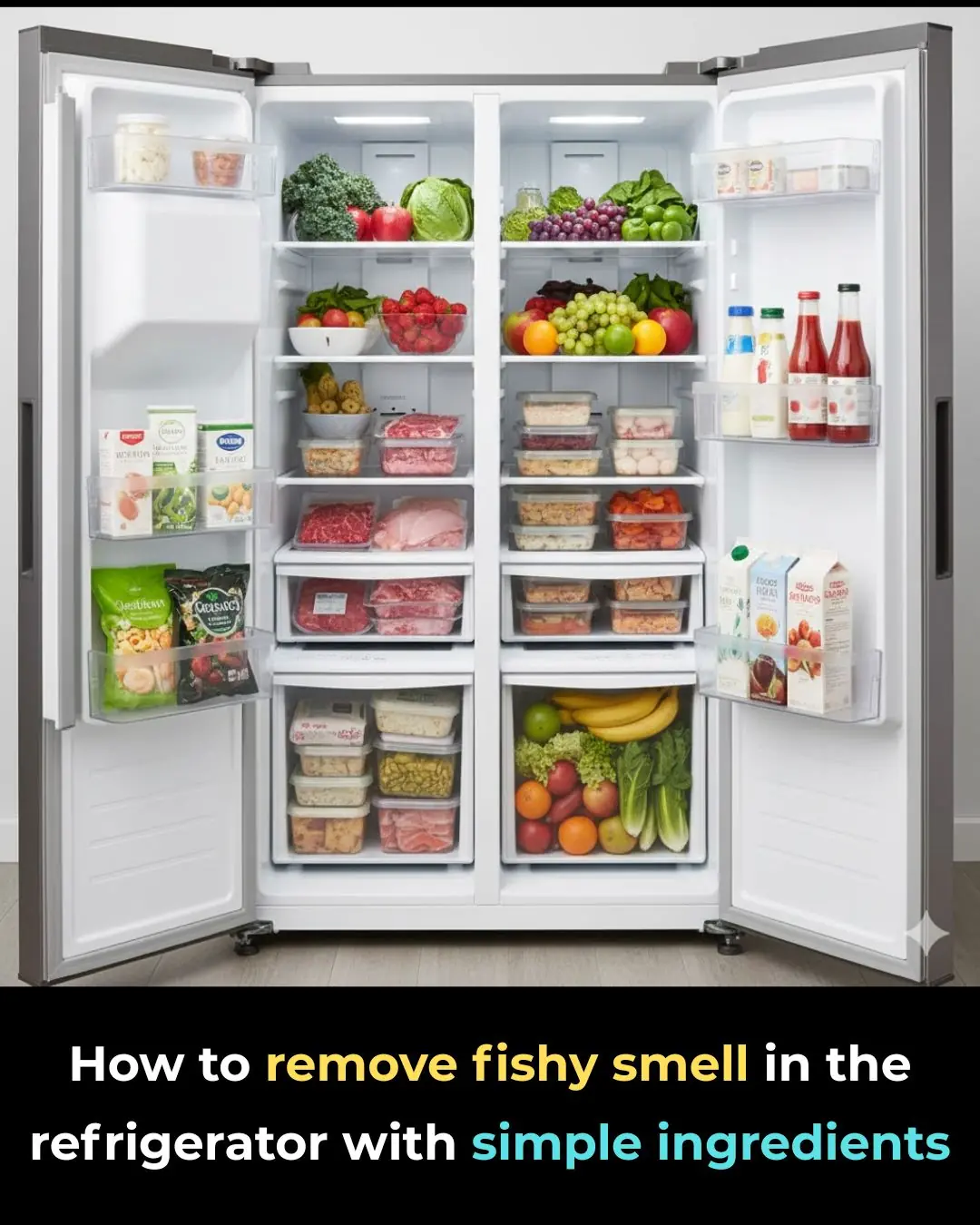
How to remove fishy smell in the refrigerator with simple ingredients
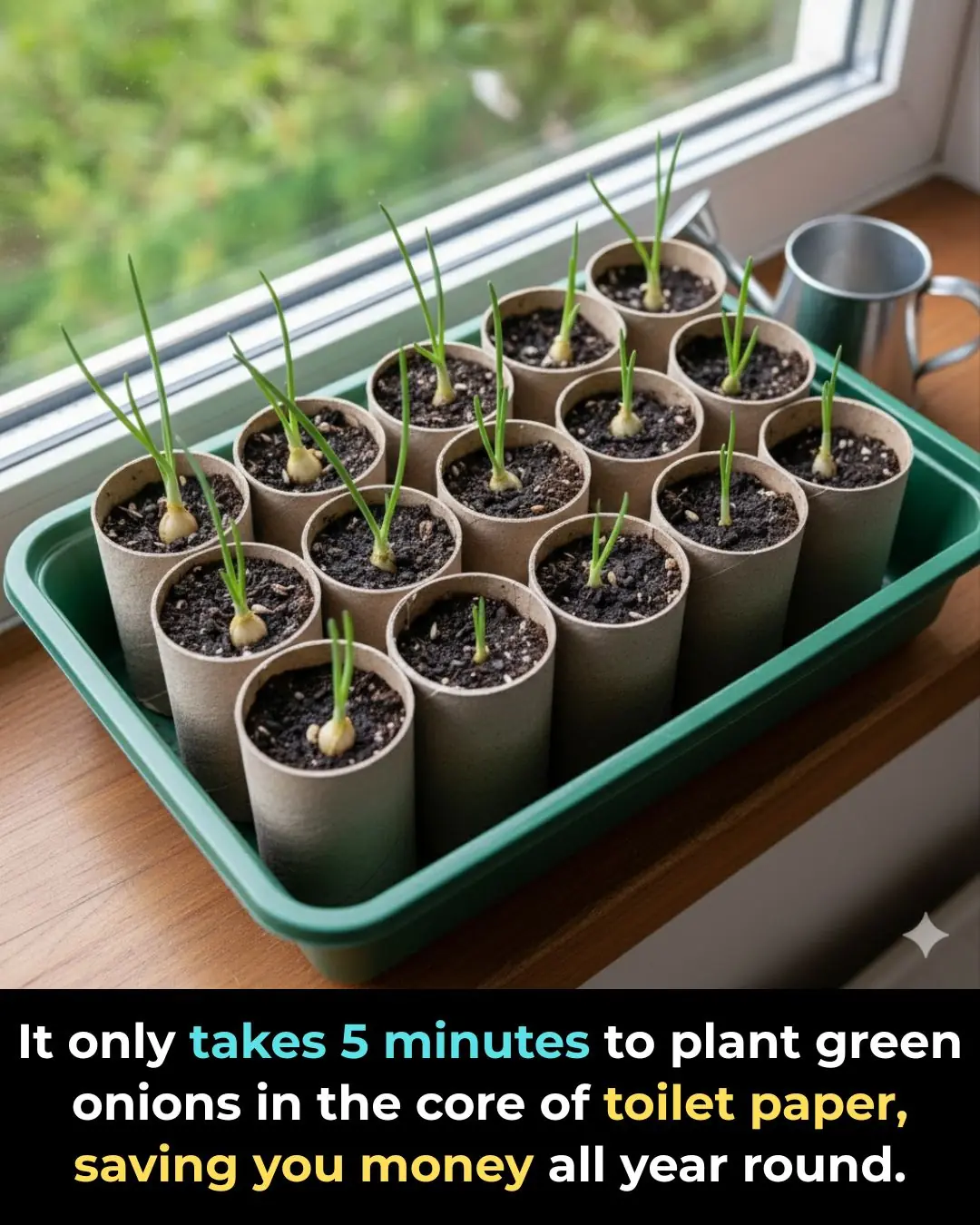
It only takes 5 minutes to plant green onions in the core of toilet paper, saving you money all year round.
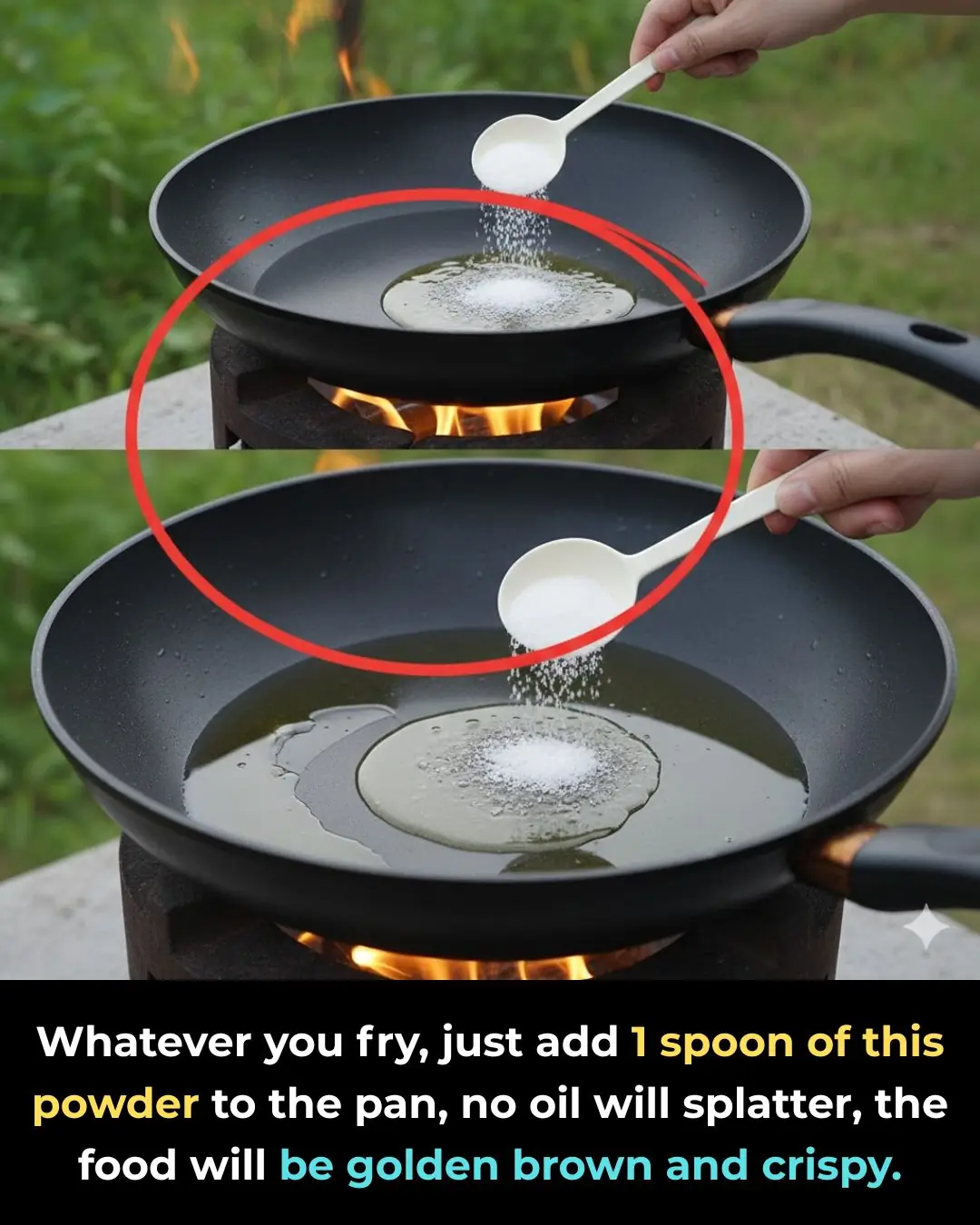
Whatever you fry, just add 1 spoon of this powder to the pan, no oil will splatter, the food will be golden brown and crispy.
News Post
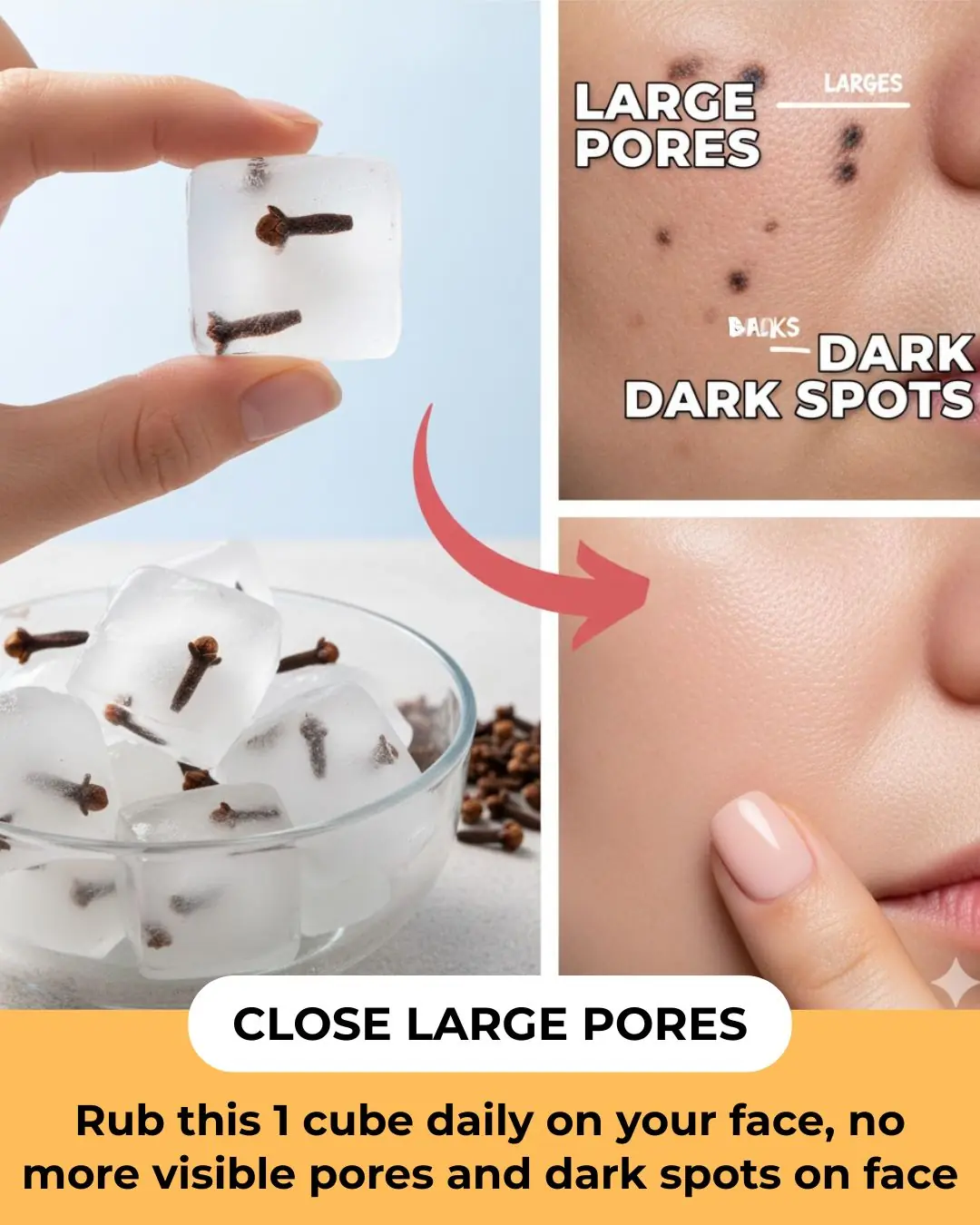
7 Best Ways To Use Cloves For Skin Care
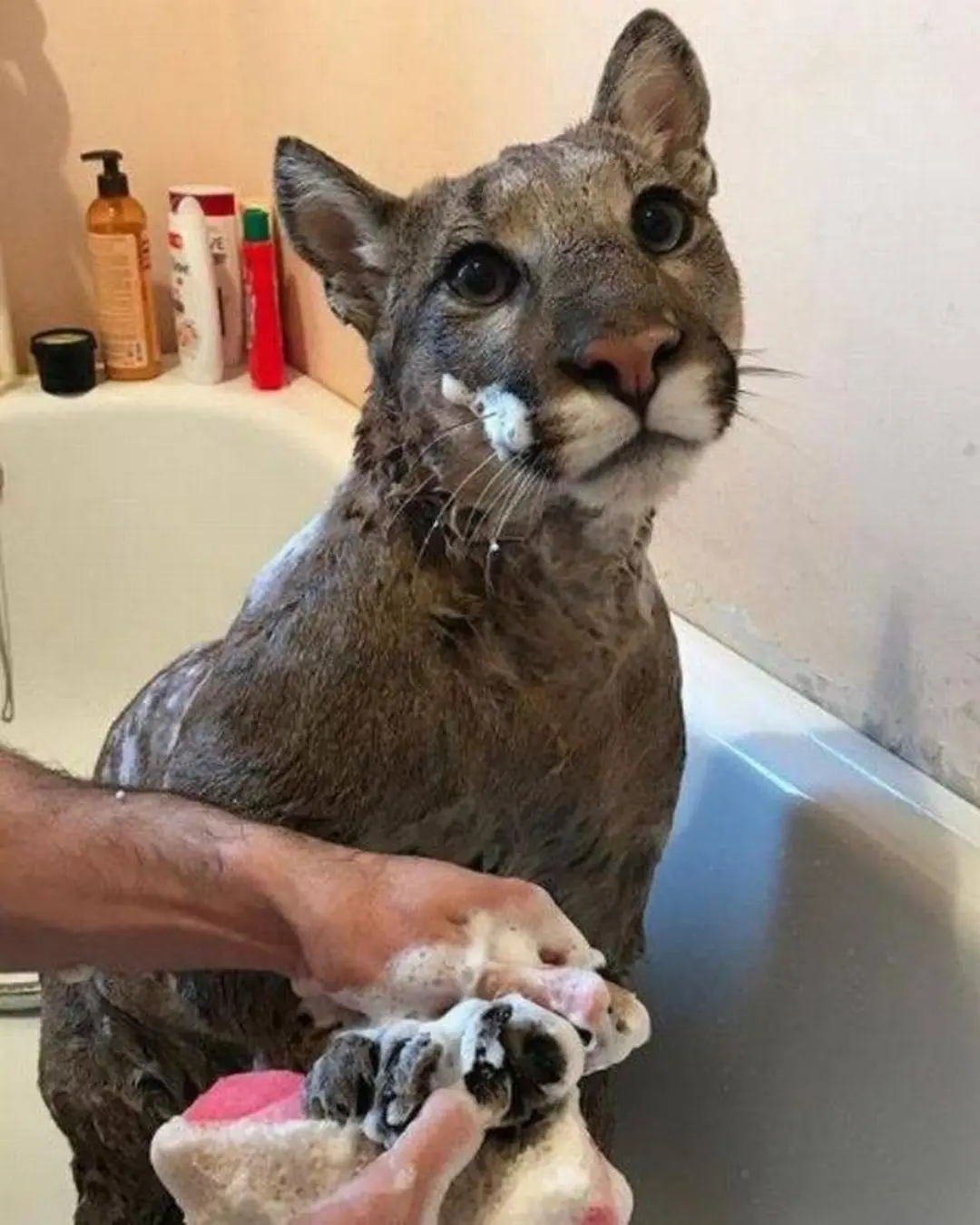
The Second Life of Lions — Finding Freedom After Rescue.

When Wild Hearts Trust Us — The Unspoken Bond Between Humans, Lions, and Tigers.

The Lion Who Loved Back: Jupiter’s Final Goodbye.

Don’t Rush to Refrigerate Lemons: This Method Keeps Them Fresh and Juicy for a Whole Year

The Right Way to Boil Chicken: This Method Keeps the Meat Firm, Juicy, and Delicious

No Need for Air Fresheners: Keep This in Your Bathroom to Eliminate Odors and Save Hundreds Every Year

Why You Should Keep a Small Bottle of Medicinal Oil in Your Bathroom: Special Benefits Everyone Should Know

Six Prisoners, One Fallen Officer, and a Choice That Revealed Their True Hearts.

4 Simple Ways to Remove the Bitter Taste from Bitter Melon: Stir-Fry for a Delicious and Nutritious Dish

One Person Washes the Dishes, the Whole Family Gets Sick? 4 Dishwashing Mistakes Everyone Should Stop Immediately

“The Cry That Saved Us”: The Night Two Fort Worth Officers Refused to Give Up.

Women Who Age Faster and Live Shorter Often Do These 4 Things at Night — How Many Apply to You?

A Prom Night 76 Years in the Making.

My Husband Left Me and the Kids at Home on Christmas Eve to Celebrate at His Office Party So We Decided to Pay Him a Visit

A 42-Year-Old Man Died of a Stroke Despite Not Smoking or Drinking — Doctors Shocked to Find the Real Daily “Killer” in His Diet

Doctors Warn: 3 Common Beauty Habits That Many Don’t Realize May Increase Cancer Risks
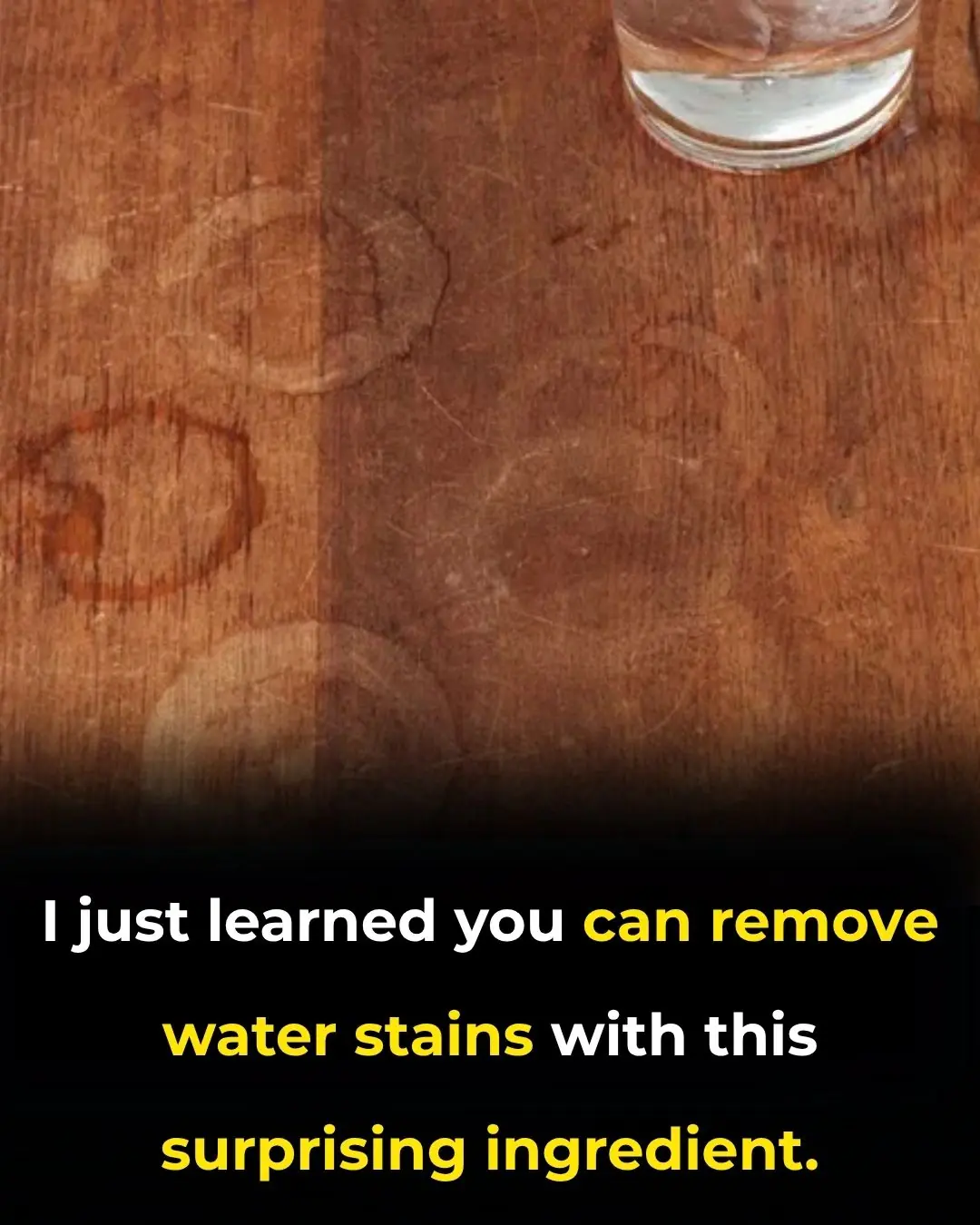
How to Remove Water Stains from Wood with Mayonnaise
